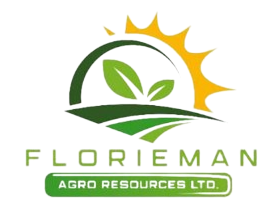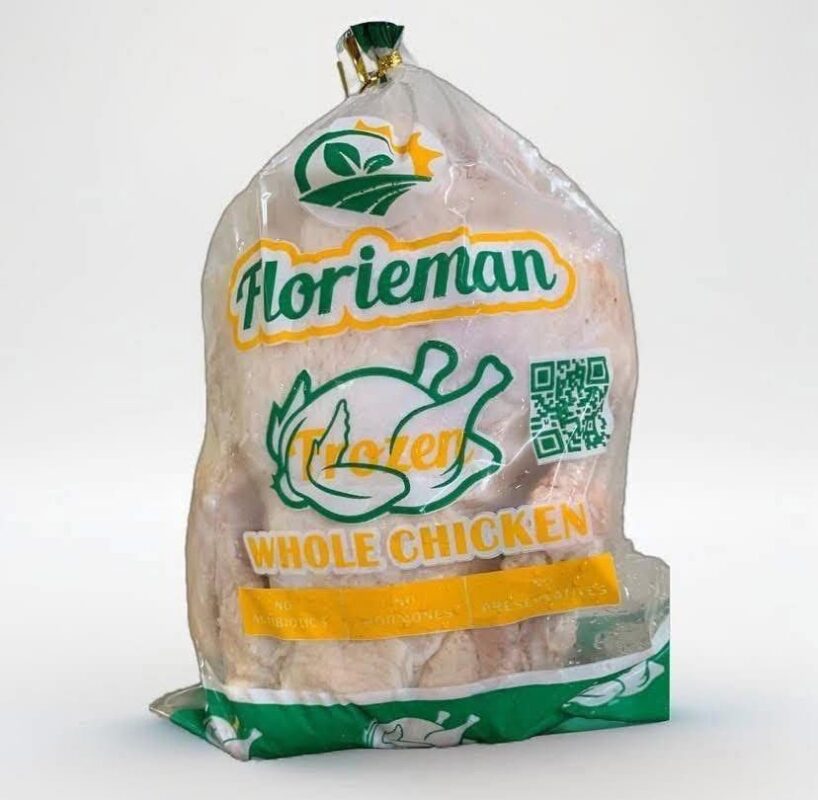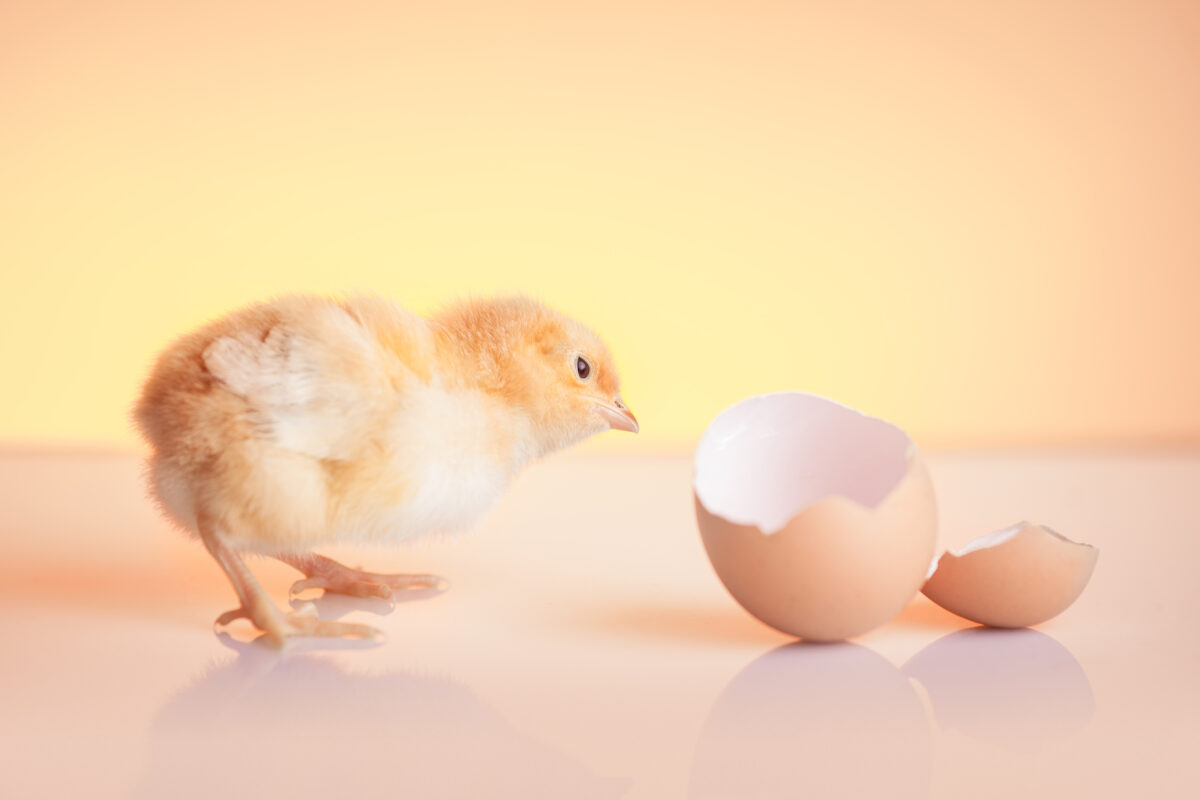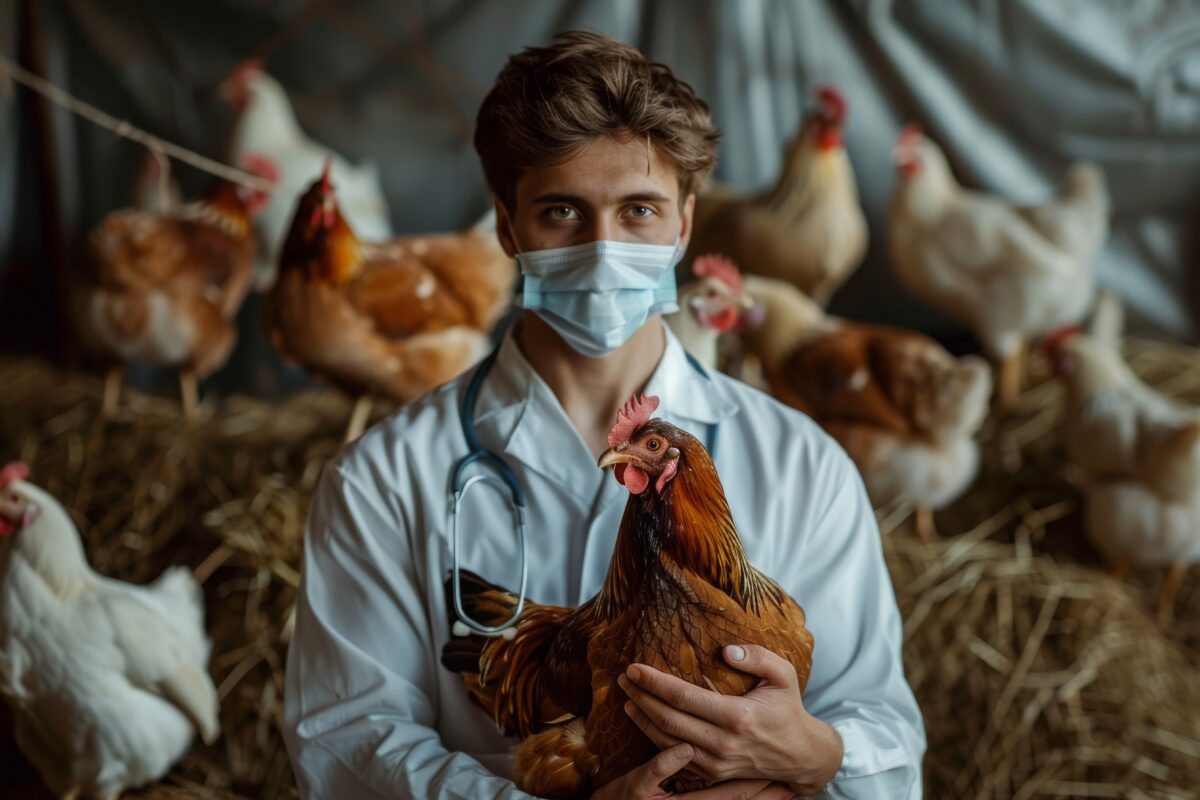Crafting a Balanced Diet for Your Livestock: A Guide to Animal Nutrition
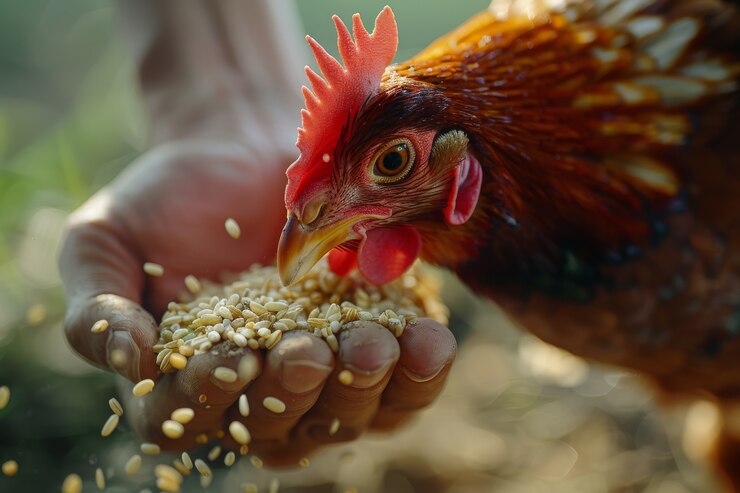
Introduction
Proper nutrition is the cornerstone of healthy and productive livestock. By providing your animals with a balanced diet, you can support their growth, reproduction, and overall well-being. This blog post will explore the key components of a balanced diet, feeding practices, and the role of supplements in livestock nutrition.
Understanding the Components of a Balanced Diet
A balanced diet for livestock should contain the following essential nutrients:
Carbohydrates: Provide energy for activities and metabolism.
Proteins: Essential for tissue growth and repair.
Fats: Supply energy and essential fatty acids.
Vitamins: Required for various bodily functions.
Minerals: Crucial for bone health, metabolism, and other processes.
Feeding Practices: Choosing the Right Approach
The appropriate feeding practice depends on factors such as the animal’s age, stage of production, and activity level. Here are some common methods:
Ad-lib feeding: Animals have continuous access to feed.
Restricted feeding: Feed is provided in controlled amounts.
Meal feeding: Animals are fed at specific times.
Grazing: Livestock consume pasture or forage.
The Role of Supplements
Supplements can be used to:
Correct deficiencies: Address nutrient shortages in the diet.
Improve performance: Enhance growth, reproduction, or other traits.
Support health: Promote overall well-being and disease resistance.
Factors Affecting Nutrient Requirements
Nutrient requirements vary based on several factors:
Age: Nutrient needs change as animals grow and mature.
Stage of production: Different stages, such as gestation, lactation, and growth, require varying nutrient levels.
Activity level: More active animals require more energy.
Environment: Temperature, humidity, and other environmental factors can influence nutrient requirements.
Genetics: Breed and genetic makeup can affect nutrient needs.
Common Nutritional Challenges and Solutions
Overfeeding: Excess nutrients can lead to health problems. Monitor feed intake and adjust rations accordingly.
Underfeeding: Nutrient deficiencies can impair growth and development. Ensure animals have access to sufficient feed.
Nutrient imbalances: An inadequate ratio of nutrients can cause issues. Consult with a veterinarian or nutritionist to develop a balanced diet.
Contamination: Avoid feeding contaminated feed. Store feed properly and inspect it regularly.
Conclusion
Providing your livestock with a balanced diet is essential for their health, productivity, and overall well-being. By understanding the components of a balanced diet, implementing appropriate feeding practices, and using supplements when necessary, you can ensure that your animals receive the nutrition they need to thrive.
Get your Quality and nutritious feeds here
Would you like to get a good quality and nutritious feeds for your Animals?
Get your good Quality and nutritious feeds here
